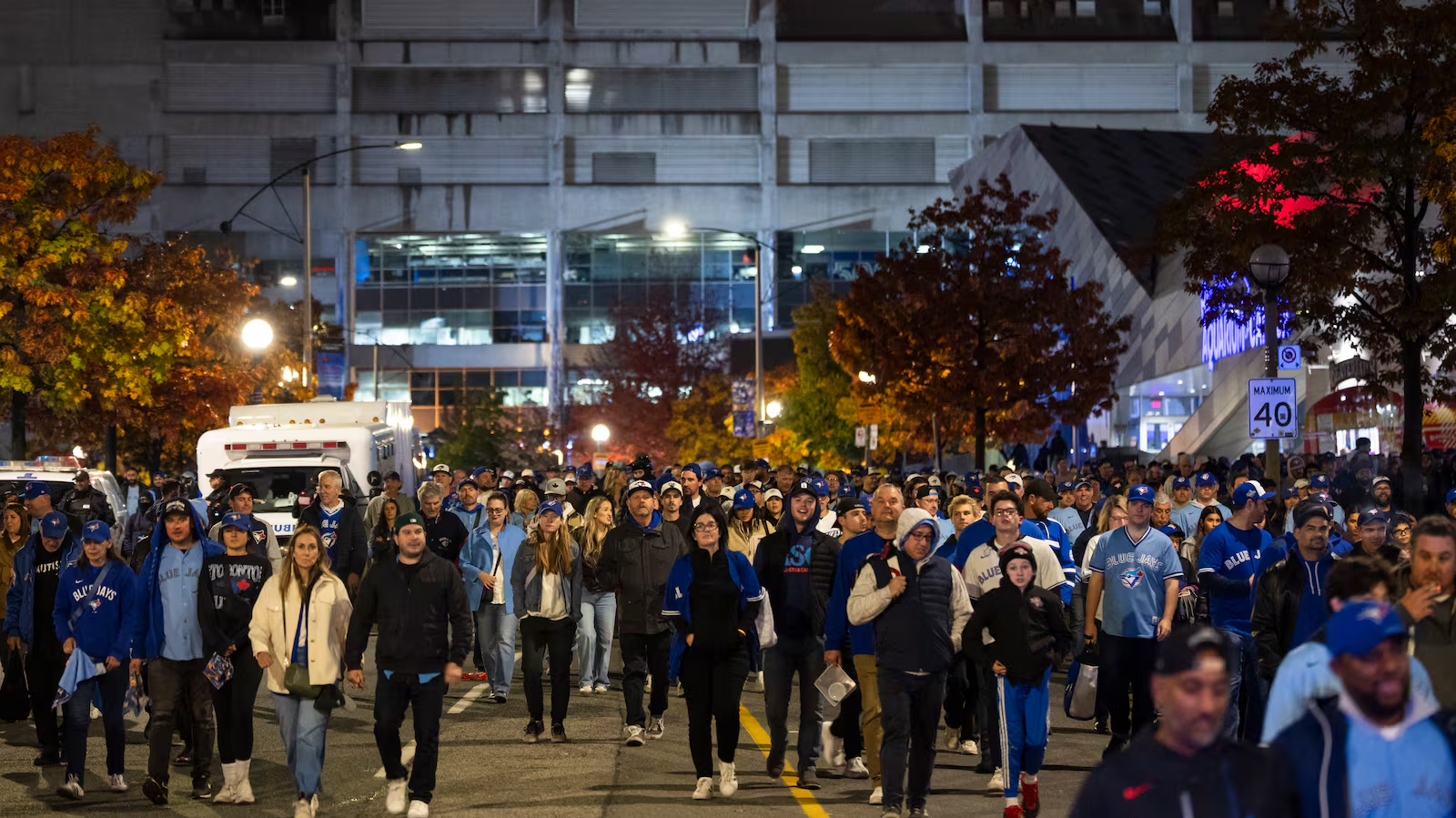Toronto’s chaotic transit experience during the Blue Jays’ final World Series game has left both fans and city officials questioning whether the city is ready for next summer’s FIFA World Cup. What was meant to be a night of celebration turned into confusion and frustration for thousands of fans stranded after Game 7, as the Toronto Transit Commission (TTC) struggled to manage the massive crowds leaving Rogers Centre.
The TTC’s controversial social media post warning that fans could be left without late-night service drew widespread criticism, with Councillor Josh Matlow calling it “dismissive and patronizing.” Matlow said the message signaled the city’s unwillingness to accommodate one of its biggest events. “If we can’t even handle Game 7, what confidence do we have that the city and the TTC are ready for FIFA?” he said.
The backlash prompted the TTC board to approve a new policy ensuring predictable late-night service for major events. But as Toronto prepares to host six FIFA World Cup matches starting June 12, transit experts warn that far more must be done to prevent gridlock and chaos. “The World Cup will be a literally different ball game,” said August Pantitlan Puranauth of TTCRiders. “Over 300,000 people will descend on Toronto. Unless we make transit reliable, the city will come to a standstill.”
Matlow also criticized Metrolinx and GO Transit, saying many fans were left stranded at Union Station for hours after Game 7. “People waited in line for trains to Burlington and Hamilton only to be told their train was gone,” he said. He urged all transit agencies to create a coordinated plan for extended and expanded service during the World Cup.
Both TTC and Metrolinx have promised to learn from the World Series fiasco. In a statement, the TTC said it was already working with city and provincial partners to deliver “excellent service” during the tournament. Metrolinx noted that, unlike the unpredictable playoff schedule, FIFA’s match dates have been known for months, allowing for better preparation.
Still, experts caution that Toronto cannot treat the World Cup as an isolated event. “The city must remain functional for residents who live and work here, not just visitors,” Matlow said. University of Toronto planning professor Matti Siemiatycki agreed, adding that the World Series chaos highlighted a deeper issue of poor communication and under-resourced transit systems. “It takes preplanning and coordination,” he said. “Part of the failure was simply that people felt uncared for.”
As the countdown to the 2026 FIFA World Cup begins, Toronto’s transportation network is under the spotlight — and many are asking whether the city can rise to the occasion or repeat the same mistakes that left thousands of Blue Jays fans stranded.

